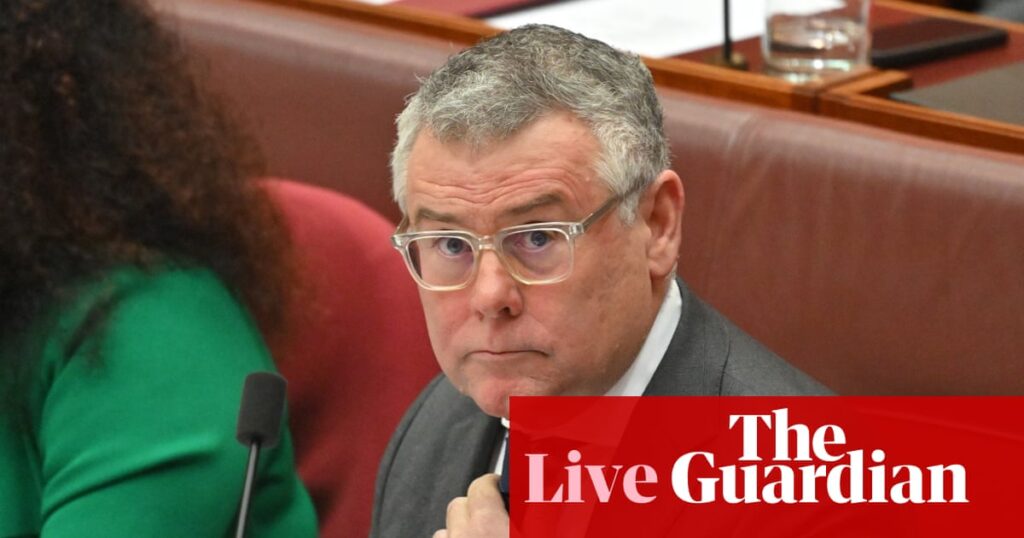
The Australian government has approved an extension for Glencore’s Ulan coalmine in New South Wales, a decision that has sparked significant backlash from environmental groups and political figures. The extension, sanctioned by Environment Minister Murray Watt, allows for the extraction of an additional 18.8 million tonnes of coal, prolonging the mine’s operation until 2035.
The approval marks the first coalmining project endorsed since Watt assumed his ministerial role. Critics, including the Climate Council and the Greens, argue that the decision undermines Australia’s climate commitments. The Climate Council’s CEO, Amanda McKenzie, criticized the move, stating,
“It is nonsensical for the government to discuss reducing climate pollution while approving new fossil fuel projects.”
Political Criticism and Environmental Concerns
Greens leader Larissa Waters expressed her disapproval, emphasizing the potential ecological damage. She warned that the extension would not only exacerbate climate change but also threaten local wildlife, including the large-eared pied bat. Waters stated,
“Labor must stop gaslighting the public – opening new coal and gas is the opposite of climate action.”
This development follows a series of contentious political decisions in Australia, where environmental policies often clash with economic interests. The coal industry remains a significant part of Australia’s economy, yet the country faces increasing pressure to transition to renewable energy sources.
Broader Political Context
Meanwhile, former Victorian Labor premier Daniel Andrews and former Labor foreign affairs minister Bob Carr are under fire for attending a military parade in Beijing. The event, marking the 80th anniversary of the end of World War II, has been criticized for its association with authoritarian leaders like Vladimir Putin and Kim Jong-un. Shadow Home Affairs Minister Andrew Hastie condemned their attendance, calling it a “parade for dictators.”
Opposition leader Sussan Ley echoed these sentiments, questioning the implications of their participation. She remarked on national television,
“They need to explain why they are attending a military parade that Vladimir Putin is attending and what that actually tells the world.”
Domestic Political Tensions
In domestic politics, the Victorian Greens have responded to accusations by Coalition leader Brad Battin, who likened some of their beliefs to those of neo-Nazis. The Greens’ spokesperson for multiculturalism and anti-racism, Anasina Gray-Barberio, criticized these claims as divisive and misleading. She stated,
“Our diversity is our strength, and the fact the Liberals would use this moment of pain for our multicultural communities to score cheap political points is disturbing.”
These political tensions come amid broader debates on freedom of information (FoI) reforms. Attorney General Michelle Rowland has introduced a bill to impose charges on FoI requests, arguing it will streamline the system. However, the proposal has faced opposition from both the Greens and the Coalition, with independent MP Andrew Wilkie advocating for a balanced approach to reform without introducing fees.
Implications and Future Outlook
The approval of the Ulan coalmine extension raises questions about Australia’s commitment to its climate goals, particularly as the government prepares to announce its 2035 climate targets. Environmental advocates argue that continued reliance on coal undermines efforts to combat climate change and threatens biodiversity.
As political leaders navigate these complex issues, the decisions made today will have lasting impacts on Australia’s environmental policies and its international reputation. The tension between economic interests and environmental responsibility remains a critical challenge for the nation.
Looking forward, the Australian government will need to balance these competing priorities, ensuring that economic growth does not come at the expense of environmental sustainability. The coming months will be crucial in determining the country’s trajectory on climate action and its role in the global effort to address climate change.







